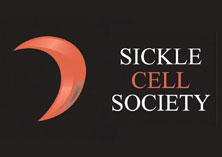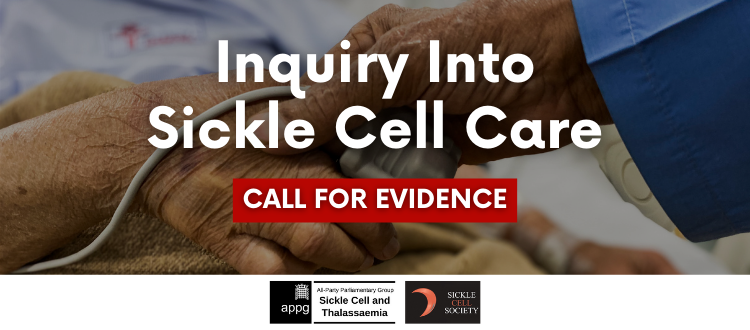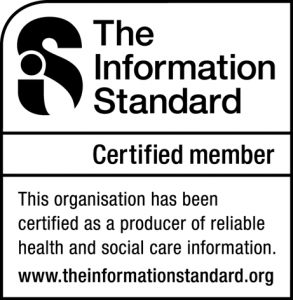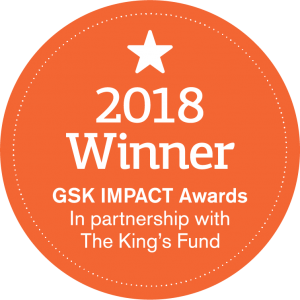Inquiry into Sickle Cell Care: A Call for Evidence
The deadline for the call for evidence has now passed. To find out more about the evidence presentation sessions click here: www.sicklecellsociety.org/evidencesessions/
Inquiry into Sickle Cell Care: A Call for Evidence
All-Party Parliamentary Group on Sickle Cell and Thalassaemia: Terms of reference for inquiry into sickle cell care
Introduction and background:
Recent high-profile examples of failings in care for people with sickle cell disease have led to growing awareness of the challenges sickle cell patients still too often face in receiving appropriate care. It is clear from testimony from healthcare professionals, sickle cell patients and their families over many years that these recent high-profile cases are not isolated incidents.
This inquiry by the All-Party Parliamentary Group on Sickle Cell and Thalassaemia will examine the care sickle cell patients receive, seek to identify why care for sickle cell patients is too often sub-standard, and look to ensure that recent tragic cases lead to national change to ensure that such failings are not repeated in future.
About the inquiry:
The inquiry will be chaired by APPG on Sickle Cell and Thalassaemia Chair Pat McFadden MP, with participation from the group’s officers and other interested parliamentarians. The inquiry will take evidence on sickle cell care from patients, patients’ family members, clinicians, commissioners and other relevant stakeholders and produce a report that will make specific recommendations for action by the Department of Health and Social Care, NHS England, the Nursing and Midwifery Council and others.
In order to gather this evidence, the APPG is inviting submissions of written evidence and will hold two meetings in June 2021 to receive oral evidence, with the first taking place on Wednesday 9th June 2021. This evidence will form the basis for the APPG’s report and recommendations.
The secretariat for the APPG on Sickle Cell and Thalassaemia is provided by the Sickle Cell Society, who will support the APPG with organising the inquiry, collating and analysis evidence and producing the final report.
How to get involved:
The APPG would welcome evidence from a range of individuals and organisations, such as individuals with sickle cell disease, family members of people with sickle cell disease, healthcare professionals, healthcare bodies and other relevant organisations. We have suggested below questions that may be most relevant to different respondents but please feel free to answer any questions you wish to respond to:
For patients and family members
- In your experience, to what extent is the care provided to sickle cell patients of a high standard?
- Where care for sickle cell patients does not meet a high standard, what are the reasons for this?
- In your experience, do healthcare workers have a good understanding of sickle cell disease?
- What changes should be made to improve the in-patient care provided to sickle cell patients?
For healthcare professionals
- In your experience, to what extent does the care provided to sickle cell patients meet appropriate standards of care?
- Where care for sickle cell patients does not meet an appropriate standard of care, what are the reasons for this?
- To what extent do you feel you and other colleagues receive sufficient training and education around sickle cell disease?
- What is your experience of how haematology teams and other secondary care teams work together and engage with one another? Are there any improvements that could be made to ensure better joined-up care?
- How many ‘near misses’ of a Serious Untoward Incident have you encountered in relation to sickle cell patients?
For healthcare bodies
- To what extent does your organisation believe the care provided to sickle cell patients meets appropriate standards of care?
- Where care for sickle cell patients does not meet an appropriate standard of care, what are the reasons for this?
- What training and education do you provide to your members/employees around sickle cell disease? Do you have plans to increase the level of training provided?
For researchers and research funding bodies
- What research are you undertaking or funding to develop evidence on the best approach to managing patients in sickle cell disease with acute illness?
- What improvements have been made to the care provided to sickle cell patients as a result of past research you have undertaken or funded?
- What new evidence is required on how best to treat patients with sickle cell disease using existing treatments?
- What new treatment approaches need to be developed to treat acute and chronic complications in sickle cell disease?
The APPG will consider the evidence presented to it and present its recommendations in a report to be published by August 2021.
Submission guidelines:
Submissions of written evidence should follow the guidelines below:
- Be submitted as a Microsoft Word document
- State clearly who the submission is from, and whether it is sent in a personal capacity or on behalf of an organisation
- Be no more than 2,500 words in length
- Comprise a single document attachment to the email.
There is no requirement to answer every question above and respondents should feel free to choose the questions they can most usefully cover. Accounts of personal experience and anecdotal evidence is welcome. The APPG would welcome receiving submissions from individuals or organisations.
All submissions must be about sickle cell care in the UK.
Written evidence received will form the basis for the APPG’s final report, alongside oral evidence. Some written evidence will be directly quoted in the report. Please explicitly state if any of the submission provided should not be directly quoted or should only be quoted anonymously.
Please submit written evidence to aidan.rylatt@sicklecellsociety.org by Friday 4th June 2021.





